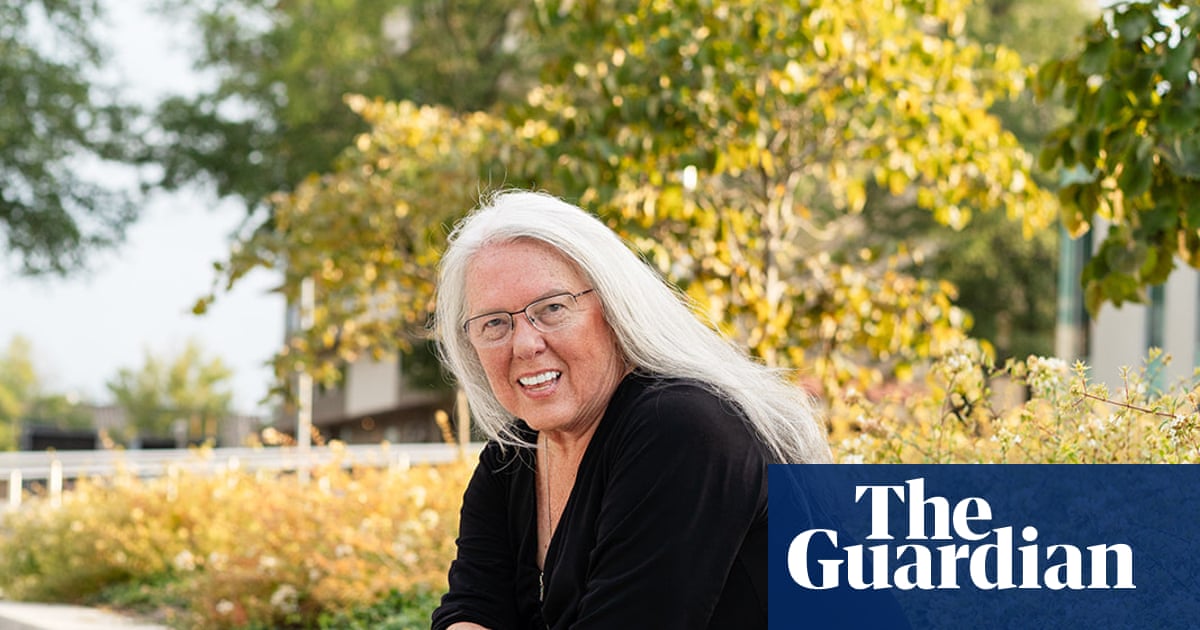Austria has returned a Syrian with a criminal conviction to his birth country in what it described as the first such deportation since the fall of the Assad regime.
“The deportation carried out today is part of a strict and thus fair asylum policy,” Austria’s interior minister, Gerhard Karner, said in a statement.
The 32-year-old man, who was granted asylum in Austria in 2014, lost his refugee status in February 2019 because of his criminal record, his legal adviser Ruxandra Staicu said. She declined to specify the nature of his conviction.
The man received a negative decision on an asylum claim in April and had been awaiting a response on another decision.
Since the fall of the Syrian dictator Bashar al-Assad, several European governments have called for the return of Syrian refugees who fled to Europe after the crushing of rebellion and outbreak of civil war that drove 12 million people from their homes, including 6 million abroad.
Austria, which hosts 100,000 Syrians, called for the “orderly repatriation and deportation to Syria” of refugees the day after the dictator was ousted.
Separately, Germany’s interior minister, Alexander Dobrindt, revealed his government was seeking an agreement with Syria’s new Islamist government to deport criminals of Syrian nationality. Germany has given refuge to nearly one million Syrians since 2015.
Germany resumed flying convicted criminals of Afghan nationality to their home country in August, after pausing deportations following the Taliban’s takeover three years earlier.
Denmark’s prime minister, Mette Frederiksen, said on Thursday that migrants who commit serious crimes should be expelled from Europe, without making reference to any specific country. In a press conference to mark the start of Denmark’s six-month EU presidency, she described the current asylum system as “broken” with the consequences of “uncontrolled migration” visible in European societies.
Migrants “who commit serious crimes and do not respect our values and way of life – I don’t think they have a place in Europe. And they should be expelled.” She added: “We need new solutions that will lower the influx of migrants to Europe”.
Denmark revoked the residency status of some Syrians as early as 2021, when it deemed parts of the war-torn country safe to return to.
Nearly 10 years after the peak of the 2015-16 migration crisis, when 1.3 million people sought refuge in Europe, the EU has moved to tighten up its asylum and migration rules.
The European Commission also proposed faster procedures for returning people with no right to stay in the EU to their countries of origin, including the possibility of creating offshore “return hubs” outside Europe.
Speaking alongside the Danish prime minister, Ursula von der Leyen, the commission president, said she hoped to see progress on the returns proposals and another to create a common list of safe countries , which would allow fast-tracked asylum procedures – and potentially faster refusals, during Denmark’s six months of chairing EU council meetings.
In a joint statement this week, 52 rights groups, including Amnesty International and the Danish Refugee Council, said the proposals risked “seriously undermining people’s access to fair and full asylum procedures in Europe”. The groups also raised concerns about potential human rights violations in offshore return hubs.

 3 months ago
47
3 months ago
47

















































